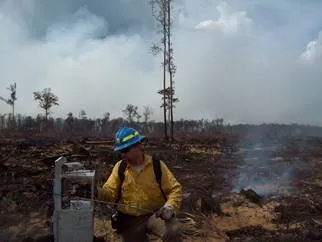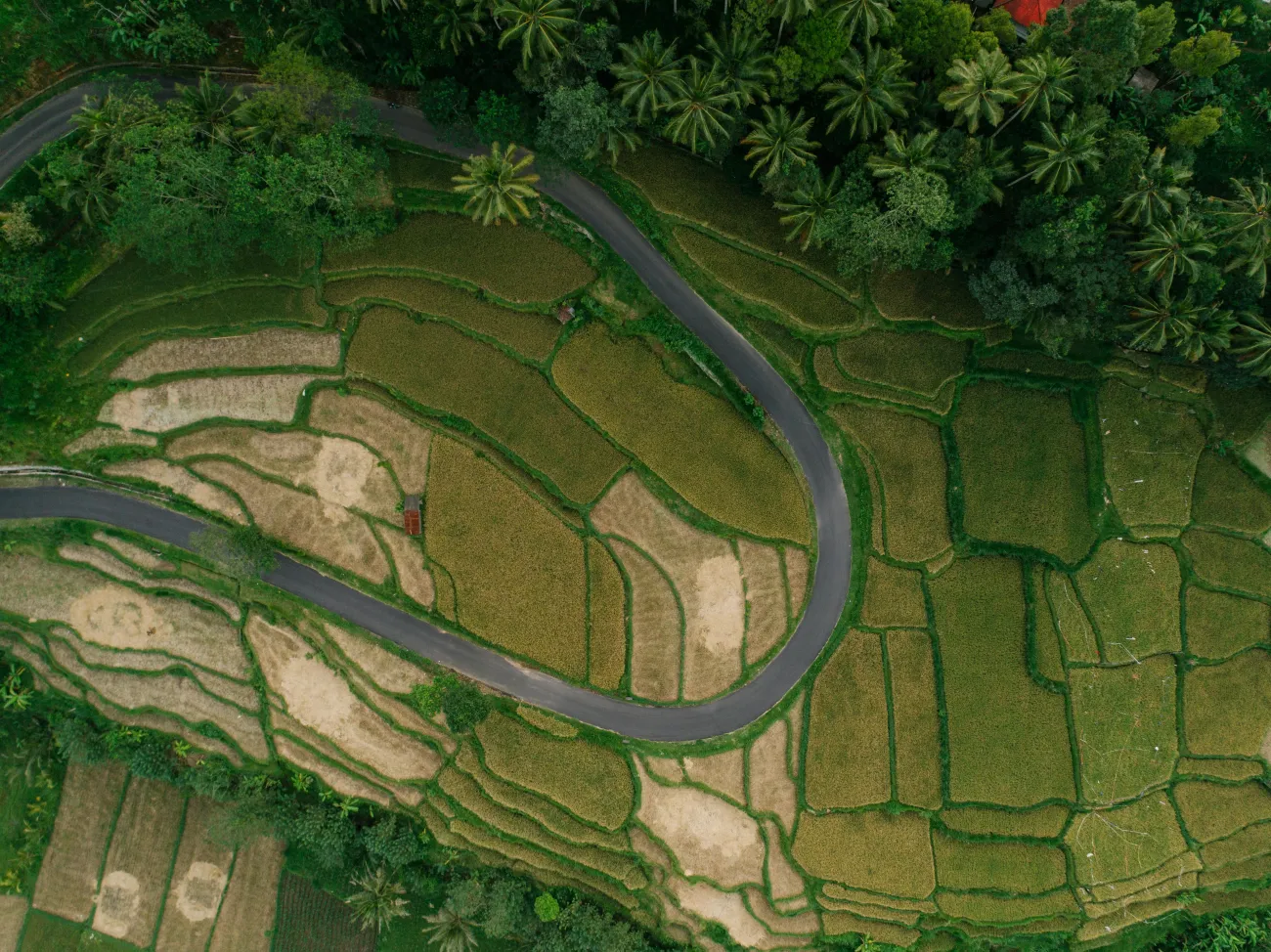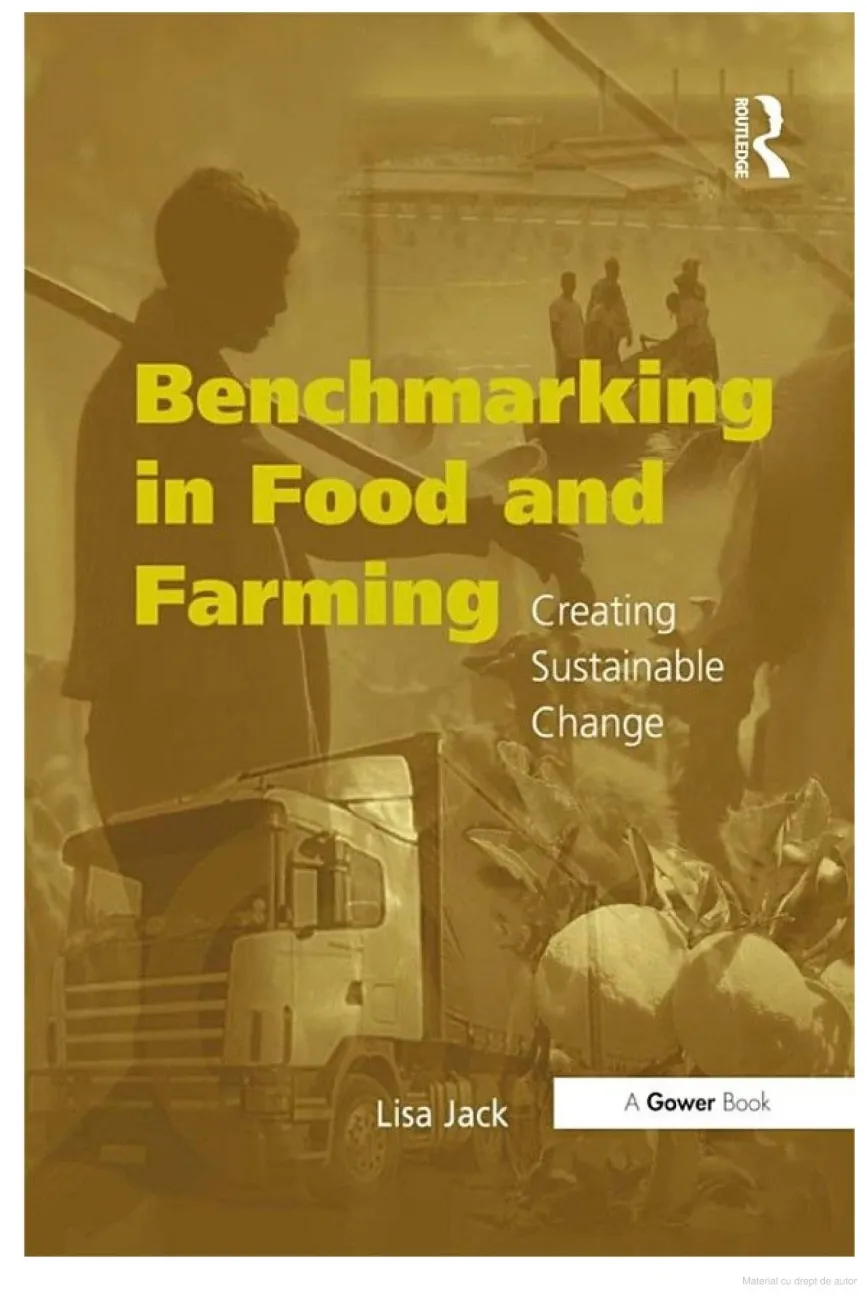In this letter, over 100 researchers and practitioners argue that media coverage of the 2016 International Peat Congress (the first to be held in the tropics) was dangerously misleading in its assertions that peatland management under palm oil plantations was sustainable (see for example this news article by BorneoPost). They argue that such articles, by downplaying the issues imposed on peatland ecosystems by agriculture, undermine recent real and promising advances in tropical peatland management.

Drawing on a wealth of available peer-reviewed literature, the authors detail the many well-evidenced problems with modern agricultural practices that affect peatland (including the impacts of deforestation, land clearance, drainage and fertilisation) and the knock-on effects these have on the wider environment and health. In particular, they emphasise the substantial carbon dioxide emissions and other environmental damage associated with burning peatland, as well as the health implications of the associated haze effects.
Additionally, the authors argue, all tested agricultural practices to date cannot prevent the loss of peat and subsequent subsidence of the land, resulting in flooding by saltwater. This makes the land unsuitable for agriculture, further contributing to the unsustainability of these practices. This depletion of natural resources without replenishment and for economic gain could in fact be considered “mining”. The letter argues that in some developing countries, human socio-economic need can justify some ongoing peatland-based agriculture and resulting peat loss, but that evidence-based land management measures can help minimise these impacts.
The authors welcome growing recognition of the importance of unsustainable peatland management, by governments, consumers and some sectors of industry, but express deep concerns that policy-influencing media continue to deny the evidence of the need for improved peatland management.
The letter concludes that while the technologies and practices to improve the sustainability of tropical peatland agriculture are being developed and are becoming available, the perpetuation by the media of the mistaken idea that there is not a problem with the sustainability of peatland agriculture is influencing policy makers, and discouraging them from prioritising the implementation of these new technologies/practices.
This letter represents an important rebuttal of misleading media reporting but, somewhat counterproductively, is not available open access, which means its audience is likely to be limited (although see this press release).
reference: Wijedasa, L.S., Jauhiainen, J., Könönen, M., Lampela, M., Vasander, H., LeBlanc, M.-C., Evers, S., Smith, T.E.L., Yule, C.M., Varkkey, H., Lupascu, M., Parish, F., Singleton, I., Clements, G.R., Aziz, S.A., Harrison, M.E., Cheyne, S., Anshari, G.Z., Meijaard, E., Goldstein, J.E., Waldron, S., Hergoualc’h, K., Dommain, R., Frolking, S., Evans, C.D., Posa, M.R.C., Glaser, P.H., Suryadiputra, N., Lubis, R., Santika, T., Padfield, R., Kurnianto, S., Hadisiswoyo, P., Lim, T.W., Page, S.E., Gauci, V., van der Meer, P.J., Buckland, H., Garnier, F., Samuel, M.K., Choo, L.N.L.K., O’Reilly, P., Warren, M., Suksuwan, S., Sumarga, E., Jain, A., Laurance, W.F., Couwenberg, J., Joosten, H., Vernimmen, R., Hooijer, A., Malins, C., Cochrane, M.A., Perumal, B., Siegert, F., Peh, K.S.-H., Comeau, L.-P., Verchot, L., Harvey, C.F., Cobb, A., Jaafar, Z., Wösten, H., Manuri, S., Müller, M., Giesen, W., Phelps, J., Yong, D.L., Silvius, M., Wedeux, B.M.M., Hoyt, A., Osaki, M., Takashi, H., Takahashi, H., Kohyama, T.S., Haraguchi, A., Nugroho, N.P., Coomes, D.A., Quoi, L.P., Dohong, A., Gunawan, H., Gaveau, D.L.A., Langner, A., Lim, F.K.S., Edwards, D.P., Giam, X., van der Werf, G., Carmenta, R., Verwer, C.C., Gibson, L., Grandois, L., Graham, L.L.B., Regalino, J., Wich, S.A., Rieley, J., Kettridge, N., Brown, C., Pirard, R., Moore, S., Ripoll Capilla, B., Ballhorn, U., Ho, H.C., Hoscilo, A., Lohberger, S., Evans, T.A., Yulianti, N., Blackham, G., Onrizal, Husson, S., Murdiyarso, D., Pangala, S., Cole, L.E.S., Tacconi, L., Segah, H., Tonoto, P., Lee, J.S.H., Schmilewski, G., Wulffraat, S., Putra, E.I., Cattau, M.E., Clymo, R.S., Morrison, R., Mujahid, A., Miettinen, J., Liew, S.C., Valpola, S., Wilson, D., D’Arcy, L., Gerding, M., Sundari, S., Thornton, S.A., Kalisz, B., Chapman, S.J., Su, A.S.M., Basuki, I., Itoh, M., Traeholt, C., Sloan, S., Sayok, A.K., and Andersen, R. (2016) Denial of Long-Term Issues with Agriculture on Tropical Peatlands Will Have Devastating Consequences. Global Change Biology. doi: 10.1111/gcb.13516
Read the full letter here (Paywall).
Or read a summary article here.




Comments (0)